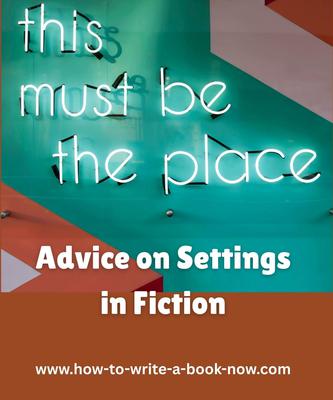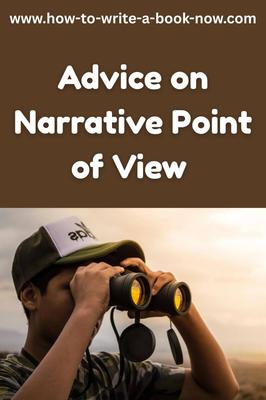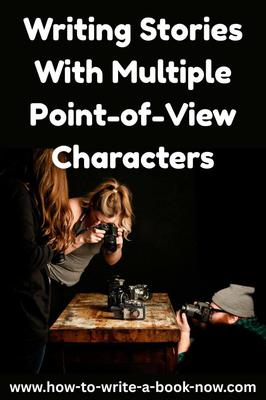Show not Tell: on-page vs off-page reveals
by Heather Ruel
(Montgomery City, MO, USA)
Question: On television shows, when something embarrassing is about to happen, they cut to later in the day where that character is being laughed at by their friends. The show usually then returns to show flashes of the funniest parts. However, we can't constantly do that in novels like they do in shows.
My question is:
How do we decide what events/incidents to show and what parts of the event (that are necessary for the reader to know) to share through dialogue and/or in text (not at the event its self)? My first reaction was if it's really relevant to a plot or character, then to show it in detail! However, upon scanning some of my favorite books, I found this reaction to not hold true. It seemed that some pertinent information was simply included in a paragraph, hopefully caught by the reader.
Thanks for your many excellent pages. You have given me the determination to return to my sci-fi series!
Answer: Thanks for the kind feedback!
You're right that it is sometimes funnier to cut to the aftermath, especially if the actual event would evoke such sympathy that it would be more tragic.
It's also common to hide events for the sake of creating suspense. Mysteries require, for example, that the reader (and the detective) not see what the murderer is doing but only piece it together later from clues.
It's also a feature of contemporary stories that the main character's viewpoint is privileged over the overall throughline.
For instance, a story's inciting incident often occurs before the main character enters the story. But the bias these days is to introduce the main character right away, so you either put the event into a prologue (which many also dislike) or tell it via flashback later (also frowned on by some) or have the main character learn about it in some other way, such as seeing the aftereffects.
In such stories, what's important to reveal may not be the actual events but the effect they have emotionally or intellectually on the main character at the time he/she learns about them.
You have to play with this a bit - experimenting to see if leaving something out improves the story by keeping the focus elsewhere.
Comments for Show not Tell: on-page vs off-page reveals
|
||
|
||
- Home
- Writing Questions
- Show not Tell: on-page vs off-page reveals















